When St Kilda Performance Analysis Manager Robbie Chancellor started in the caper, most clubs had only one person assigned to this role.
That was 10 years ago. Now some of the wealthier clubs have as many as six or seven analysts in an area that has swiftly become a crucial piece of the puzzle.
While it’s not quite the 16 analysts on the books at English Premier League club Manchester City or the 19 at Major League Baseball powerhouse Los Angeles Dodgers, performance analysis is one of the fastest growing areas inside AFL football departments.
“I guess it’s one that has grown based on other sports around the world; it’s big in the NBA, the NFL and EPL and now AFL is starting to follow by having resources that complement what the coaches do with information and ideas,” Chancellor told the Inside St Kilda podcast this week.
For Chancellor and St Kilda’s other performance analysts, Callum Willis and Chris McKay, the job centres around vision. Lots and lots of vision. They crunch numbers too, but the numbers are there to complement the vision.
The trio trawl through a mountain of video, breaking down every play in every game, and at training, to provide the coaching staff with a crucial edge.
“The role is really watching a lot of footy, figuring out what works and what doesn’t, coming up with ideas and strategy based on what you’re seeing and what best practice is across the league,” he said.
As one of the more experienced analysts in the competition, Chancellor’s role includes opposition analysis where he is tasked with the role of unearthing ways to nullify weapons and punish weaknesses.
“My week in
“It generally takes four or five hours to go through a game on tape in good detail, coming up with good examples of their strengths; their weaknesses; what teams have done to combat them and what’s worked against them.
“I’ll then start formulating a bit of a plan around how I think we’ll beat them and then in consultation with our coaching group, we’ll flesh out what that plan looks like.
“On Tuesday we have a match committee meeting as a coaching group where we discuss who we are going to play, what our match-ups are, what our focuses are going to be; that’s a pretty roundtable discussion – some weeks are quicker than others and some can go for hours.
“When I present to the playing group on Thursday, it’s a much more condensed version, where there is just a couple of focus points, try and keep it as simple as we can so they can just go out there and play footy.”
While we are yet to see someone rise from behind a computer to coach an AFL team, it has happened overseas in one of the biggest leagues in the world, the NBA.
Miami's two-time championship-winning coach, Erik Spoelstra, began his coaching career editing videos for the Heat in a dark room in Florida, before gradually working his way to the top of the organisation, where he led Lebron James, Dwayne Wade and co to glory.
Chancellor isn’t sure what the ceiling is for performance
“I think it’s definitely heading that way.


